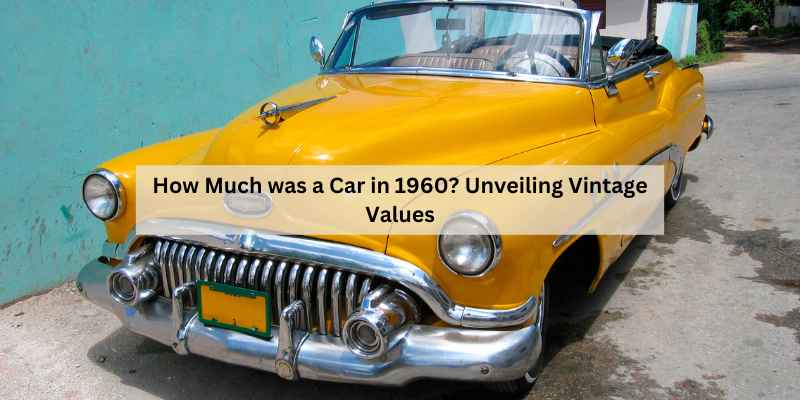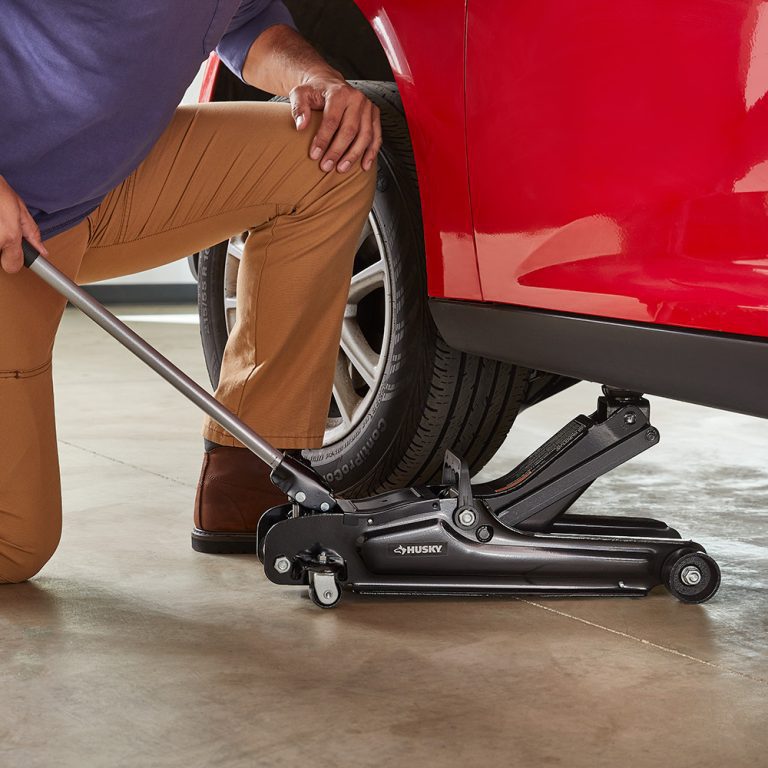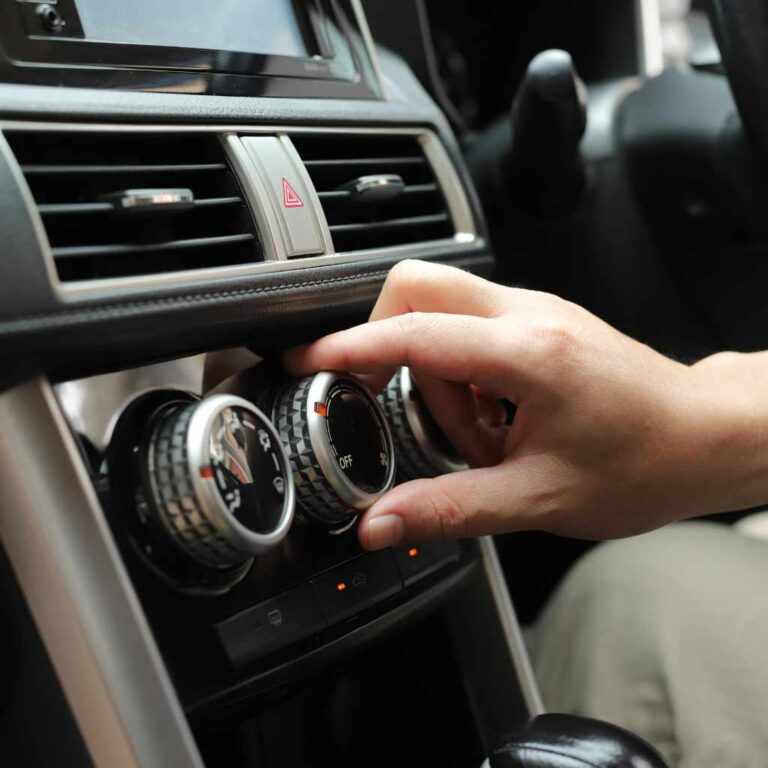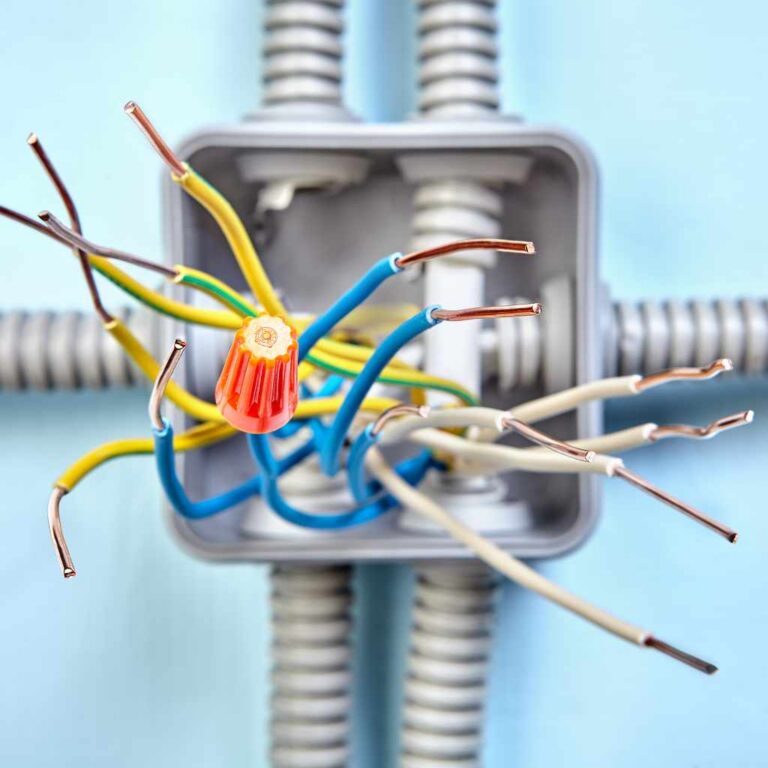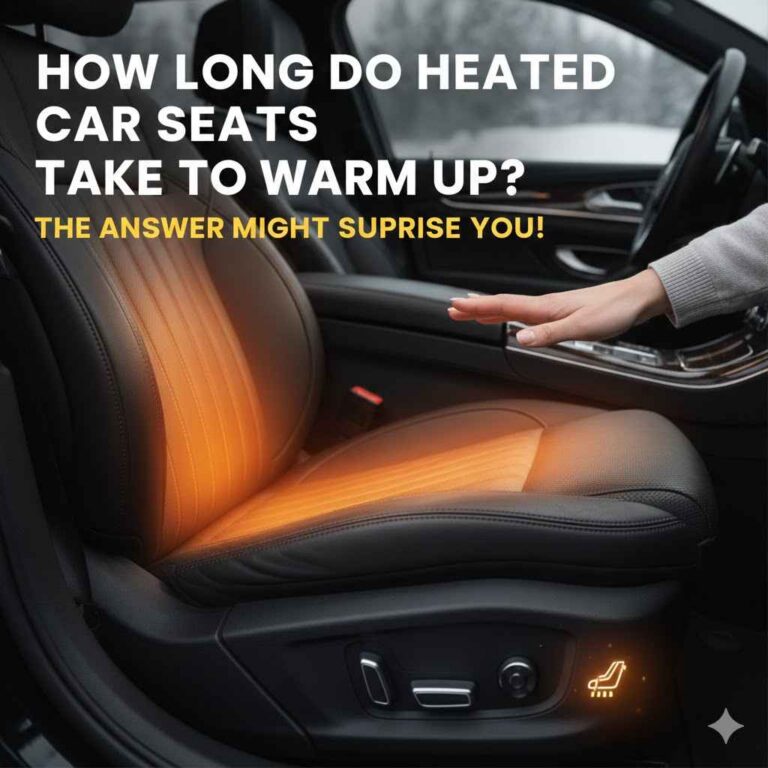How Much was a Car in 1960? Unveiling Vintage Values
In 1960, the average cost of a new car was around $2,600. Some models could range from $1,500 to over $4,000, depending on features and brand.
The 1960s marked a transformative era for the automobile industry. Cars were not just a means of transportation; they symbolized freedom and status. Many families aspired to own a vehicle, as it represented a significant milestone. The post-war economic boom led to increased disposable income, allowing more people to purchase cars.
This decade saw the rise of iconic models, with innovative designs and powerful engines. Understanding the prices of cars during this time provides insight into consumer behavior and the automotive landscape of the era. Exploring this topic reveals how cars shaped American culture and lifestyle.
Vintage Wheels And Wallets
The 1960s was a unique time for car buyers. Prices varied based on the model and features. Many people loved the Ford Mustang and Chevrolet Impala. The Mustang cost around $2,368. The Impala was a bit higher, at $2,900. Other models, like the Volkswagen Beetle, were more affordable at about $1,600.
Many families saved money to buy a car. Financing options were limited, so cash was often required. The average annual income was around $5,600. This made buying a car a big decision for many households.
| Car Model | Price (1960) |
|---|---|
| Ford Mustang | $2,368 |
| Chevrolet Impala | $2,900 |
| Volkswagen Beetle | $1,600 |
The Cost Factor
The cost of a car in 1960 was about $2,600 on average. This was a significant amount back then. Inflation affects how we view these prices today. For example, that same car would cost around $22,000 today.
Comparing costs helps understand how prices change. A 1960 Ford Mustang cost about $2,368. Today, a similar model can exceed $30,000. This shows how car prices rise over time.
| Car Model | 1960 Price | Current Price |
|---|---|---|
| Ford Mustang | $2,368 | $30,000+ |
| Chevrolet Impala | $2,500 | $35,000+ |
Iconic Cars Of The 1960s
The 1960s saw the rise of the muscle car craze. These cars were powerful and fast. Models like the Ford Mustang and Chevrolet Camaro became very popular. They offered thrilling performance and stylish designs.
During this time, European luxury imports also gained attention. Brands like Mercedes-Benz and Jaguar offered elegance and comfort. Their vehicles featured advanced technology and superior craftsmanship. Many people dreamed of owning these luxurious cars.
Purchasing Power Of The 1960s Dollar
The purchasing power of the dollar in the 1960s was quite different from today. In 1960, the average income was around $5,600. A new car typically cost about $2,600. This means people spent about 46% of their income on a car.
Many families saved money for their auto purchases. Financing options were limited back then. Most buyers paid cash or used short-term loans. Owning a car was a significant financial commitment.
Today, costs have increased, but so have incomes. Understanding past costs helps in financial planning for auto ownership. It is important to know how much to budget for a car.
| Year | Average Income | Average Car Cost | Percentage of Income |
|---|---|---|---|
| 1960 | $5,600 | $2,600 | 46% |
“`
Dealership Dynamics
During the 1960s, car dealerships used unique sales tactics. They often focused on customer relationships. Salespeople aimed to build trust with buyers. Many dealerships offered test drives to showcase vehicles.
Promotional events were common. Dealers would hold special sales to attract customers. Advertising on TV and radio increased interest in cars. Discounts and limited-time offers encouraged quick decisions.
| Financing Option | Description |
|---|---|
| Cash Payments | Many buyers paid upfront for their cars. |
| Installment Plans | Buyers could pay in monthly installments. |
| Leasing | Short-term options allowed drivers to use cars without ownership. |
These financing methods made cars more accessible. People could own a vehicle without huge upfront costs.
Marketing Motors
In the 1960s, advertising trends changed how cars were sold. Television ads became popular. They showed cars in exciting ways. This made people want to buy new models.
Auto shows played a big role in marketing. Many companies displayed their latest cars. These events attracted large crowds. People loved seeing new designs and features.
Promotions and giveaways were common at these shows. Families enjoyed the fun atmosphere. Car companies used these tactics to boost sales. Overall, marketing in the 1960s was all about entertainment and excitement.
Cultural Influence On Value
Celebrity endorsements played a big role in car sales during the 1960s. Famous stars like Elvis Presley and James Dean drove popular models. Their influence made certain cars more desirable. Fans wanted to drive the same cars as their idols.
Cars also found a home in movies. Films like American Graffiti showcased classic vehicles. These movies created a strong connection between cars and youth culture. Watching a cool car on screen made people want it in real life. The excitement around these cars grew, boosting their value.
Collectible Status And Current Values
The collectible status of cars from 1960 has grown significantly. Many enthusiasts seek restored models. Rarity plays a big role in value. Some cars are very hard to find.
Restoration affects a car’s worth. A well-restored car can sell for a lot. Original parts increase a vehicle’s appeal. Buyers love cars in their original condition.
| Car Model | Auction Price | Year Sold |
|---|---|---|
| Ford Mustang | $400,000 | 2018 |
| Chevrolet Corvette | $1,000,000 | 2020 |
| Plymouth Barracuda | $150,000 | 2019 |
Auction records show high prices for rare cars. Milestones in sales reflect their market demand. Collectors pay top dollar for special models. The value of these cars continues to rise.
Frequently Asked Questions
How Much Did Cars Cost In The 1960s?
In the 1960s, the average cost of a new car was around $2,600. Prices varied based on the make and model. Luxury cars could cost much more, while economy models were cheaper. This period saw significant growth in the automotive industry, influencing car prices.
What Factors Influenced Car Prices In 1960?
Several factors influenced car prices in 1960. Economic conditions played a major role, along with manufacturing costs. Demand for new models also affected pricing. Additionally, advancements in technology and design contributed to the overall cost of vehicles during that decade.
What Were Popular Car Models In 1960?
Some popular car models in 1960 included the Chevrolet Impala, Ford Falcon, and Volkswagen Beetle. These models stood out due to their distinctive designs and features. Each offered unique qualities that attracted different buyers. Many of these cars became icons of the era.
How Did Inflation Affect Car Prices Since 1960?
Inflation has significantly impacted car prices since 1960. While a new car cost around $2,600 back then, today’s average price exceeds $40,000. This increase reflects various economic factors, including production costs and demand. Understanding inflation helps contextualize the rise in vehicle prices over time.
Conclusion
Cars in 1960 reflect a fascinating era of design and innovation. Prices varied, influenced by brand and model. Understanding these historical costs provides insight into automotive evolution. The significant differences from today’s prices highlight economic changes over the decades. Exploring this topic enriches our appreciation for the automotive journey.

